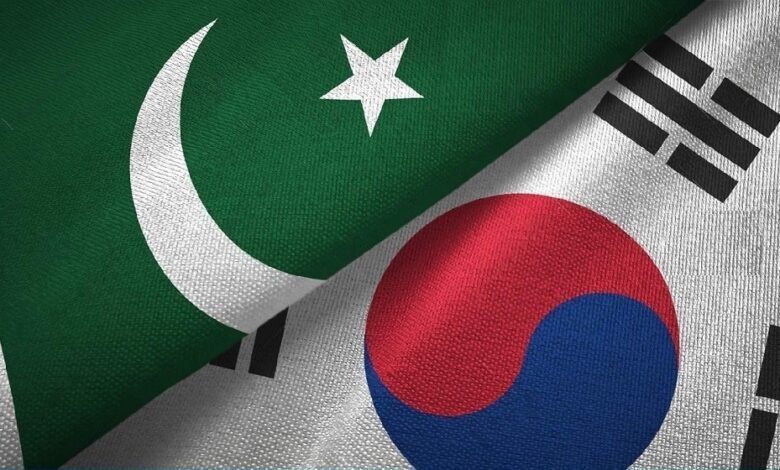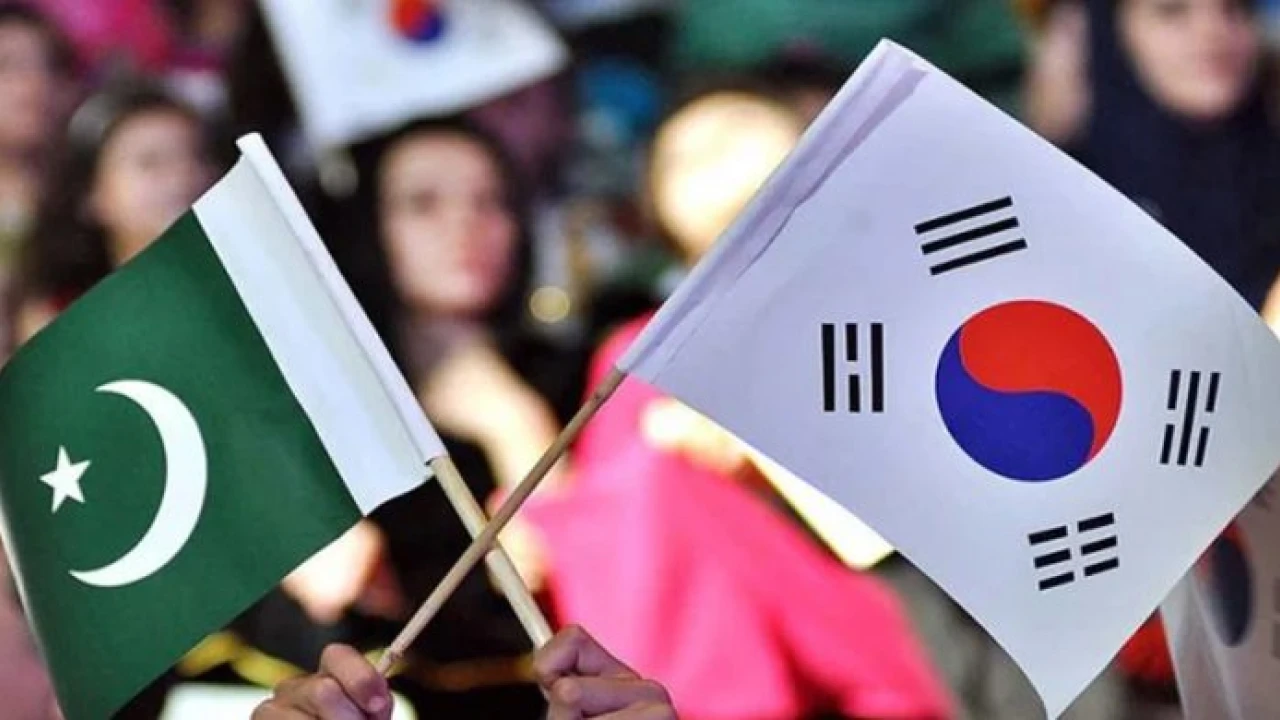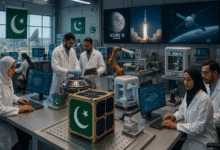
Do you know South Korea Will Employ 2,000 Pakistani Workers? Relations between Pakistan and South Korea are as old as that nation. At the UN General Assembly, Pakistan supported South Korea’s resolution to declare its independence on December 12, 1948. Pakistan joined the UN Commission on Korea and sent food and medical to South Korea during the Korean War in 1950. Pakistan’s economic growth strategy served as the foundation for South Korea’s first five-year plan.
Since then, particularly since it was formally founded in 1983, diplomatic relations between Pakistan and South Korea have improved significantly in every area. The two nations’ principal priorities have been trade and investment.
Read More: 10 Best Job Search Websites List in 2021
South Korea has promoted hiring Pakistani employees under its Employment Permit System (EPS) on E9 visas in recent years. By the end of November 2022, there would have been more than 1,600 Pakistani employees who had entered Korea via the Employment Permit System (E9). Small and medium-sized businesses (SMEs) in Korea that are unable to recruit a local workforce are able to lawfully hire non-professional or semi-skilled workers from outside thanks to the E9 Employment Permit System (EPS).
South Korea Will Employ 2,000 Pakistani Workers

In order to facilitate recruiting and expedite Pakistani employees’ entry into Korea, the Pakistan EPS Center works closely with Pakistan’s Overseas Employment Corporation (OEC). 2,000 Pakistani laborer’s entering Korea by the end of 2022 is the goal that the EPS Center is now working towards.
Since the establishment of the Pakistan EPS Center through a memorandum of understanding (MOU) signed in 2006, over 13,000 people have lawfully entered South Korea from Pakistan during the past 15 years. This year, more Pakistani workers are entering South Korea than in prior years.
South Koreans have a positive view of Pakistani workers thanks to their devotion and sincerity in their work.
Suh Sangpyo, the ambassador of the Republic of Korea to Pakistan, has proposed to his government that in addition to the current industrial sector, the EPS-E9 also include the building sector as a feasible occupation. More Pakistani employees could be employed, and their chances of finding job in South Korea would be improved. This year, a lot more Pakistanis were allowed to work in South Korea. The number of candidates for the EPS-Topik is currently anticipated to rise to 1,600 people.
Workers from as many as 16 different countries are employed in South Korea under the Employment Permit System (E9). The South Korean government holds that during the past 18 years, foreign workers have significantly reduced the labor shortage faced by Korean SMEs and contributed to the balanced growth of the Korean economy. the Philippines, Sri Lanka, Mongolia, Uzbekistan, Pakistan, China, Cambodia, Bangladesh, Nepal, Myanmar, Kyrgyzstan, and East Timor are among the sixteen nations.
The Employment Permit System has allowed roughly 253,000 foreigners to work in Korea at the moment. There are 3,200 labourers from Pakistan among them. Due diligence and honesty towards their work and employers, in particular, have made a favorable impression on South Korean business owners. In the upcoming years, more Pakistanis are anticipated to find employment in Korea.
According to the Korea Immigration Service, there were 12,440 Pakistanis living in the Republic of Korea (ROK) as of 2022. It is made up of employees, entrepreneurs, traders, students, and professionals. The majority of Pakistani expatriates came to Korea in the late 1980s and early 1990s.
About 408 businesspeople operate in the export of textiles, blankets, carpets, used machinery, used vehicles, restaurants, surgical equipment, travel agencies, cell phone stores, heavy machinery equipment, and printing, among other industries.
1,327 Pakistani students who have achieved success in the disciplines of science, medicine, information technology, and engineering are currently enrolled in top universities in Korea. While some are on Higher Education Commission (HEC) scholarships, the majority of them are attending on university, departmental, or professor-funded scholarships. Pakistani graduates have gone on to work for prestigious South Korean enterprises like Samsung and LG as well as other top businesses both domestically and overseas. There are a small number of Pakistani professionals employed by top companies like British-American Tobacco, General Motors, Samsung, LG, and Shipbuilding Companies.
Read More: 55% of UAE Workers Anticipate Losing Their Jobs Soon
The Korean Embassy in Pakistan is planning a number of public diplomacy events to coincide with the 40th anniversary of diplomatic relations between South Korea and Pakistan in 2023. In 2023, the University College Cork Contest will be held for the successfully returning workers. It will reveal the triumphs of Pakistani labourers who worked in South Korea, the adventures they had, and how their lives changed after making a triumphant return.
Future plans call for the establishment of a governmental institution devoted to the Employment Permit System, which will offer one-stop assistance for the entire process, from the recruitment and introduction of foreign workers to their stay in Korea and final departure. By encouraging the switch from computer-based testing to the digital-based UBT, the Center hopes to implement the Korean Proficiency Test (CBT) technique, which will improve the selection process for foreign workers (Ubiquitous Based Test). The UBT (Ubiquitous Based Test) is a test technique that may be used using a mobile tablet device in either a wired or wireless network environment, anytime, anyplace.










